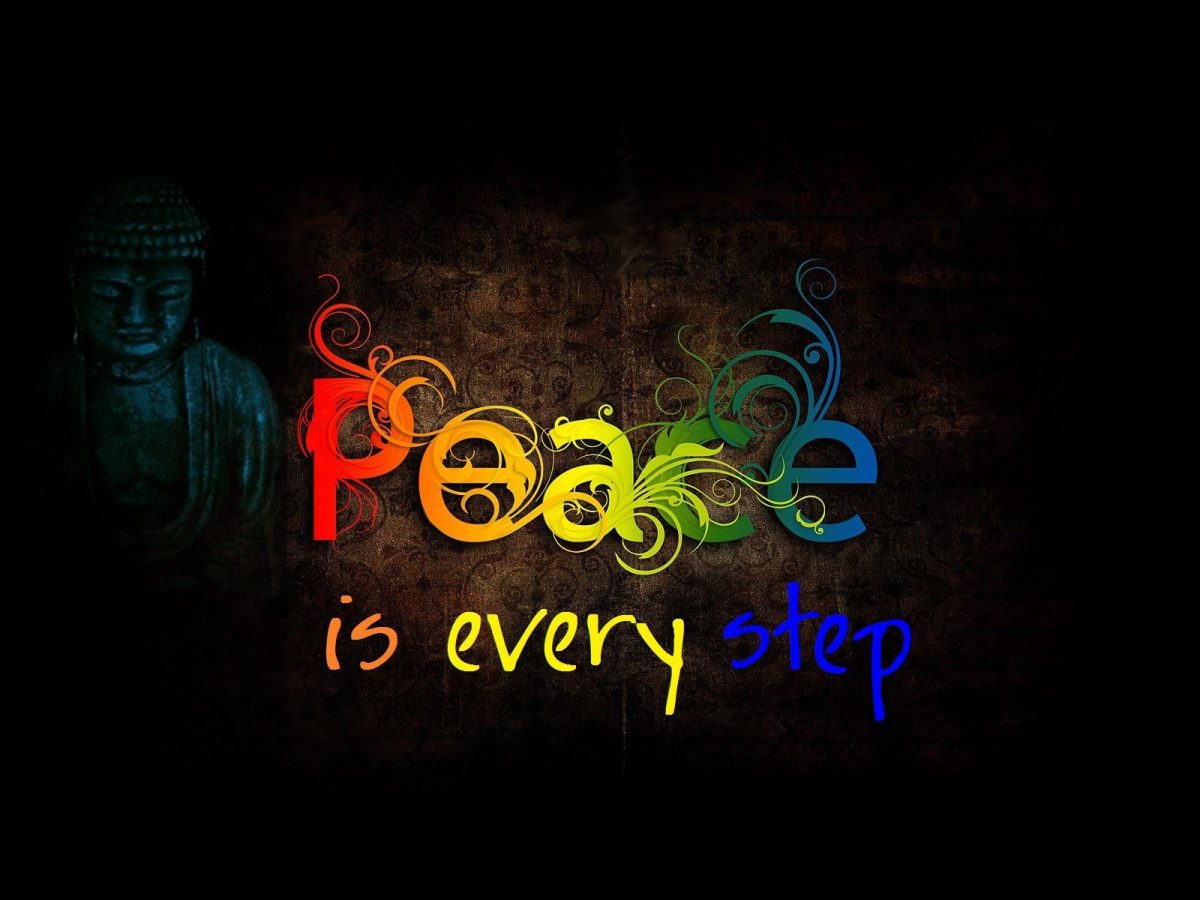You undoubtedly have thousands of future plans in your head. About the things you still have to do, the goals you want to achieve and the people you want to share your life with. But sometimes it’s true that you do not have the time to do everything … or maybe this just seems like that. Have you ever thought that you are only wasting your time and life?
It may be that you invest your time in things that are not necessary or that require too much of your time without you realizing this. Do you really not have enough time or do you simply spend your time on things that lead nowhere? Read on and find out.
“The past has fled, that what will come is absent, but the present is yours.”
Arabian saying-
1. You invest your time in something that yields nothing
You need moments where you allow yourself some distraction and where you release yourself from your professional responsibilities. However, if you spend most of your time on “distraction,” you will eventually feel like you have not done anything all day. Therefore ensure a balance between work and distraction. Choose activities that really mean something and that you have something to offer and reduce activities that do not.
Activities that give you the feeling that you are wasting your life include excessive alcohol use, hours in front of the television and always immersing yourself in social media. If you want to be with your friends, then look for an alternative. For example, go camping or cook together and simply spend time together. Choose activities that will help you improve your relationships and lead to the life you want.
2. You are unable to improve your skills
People are programmed to learn new things. One way to waste your life is by not giving yourself the chance to learn and grow as much as possible . Do you remember what we said about investing your time in activities that do not give you anything? Well, an excellent alternative is to use that time for something constructive, such as doing thinking games or teaching yourself a new skill.
Put your brain to work and challenge yourself as much as possible. Doing games like crossword puzzles and sodoku will stimulate your brain and it will not be long before you are addicted to the mental challenge they offer you. Another great alternative to help your mind develop is by learning new skills, from learning to play an instrument to learning a new language. Do you prefer something that costs less effort? Then simply read a book.
“Learning how to learn is the most important skill for education and this should be explained during the very first lessons.”
-John Seymour-
3. You have negative conversations
Negative conversations are terrible time wasted. And if you yourself are the subject of the negative conversation, then this is even worse. Keep in mind that what you think becomes reality. Are you aware of what you say every time you lose out in negativity during a conversation or during your daily activities? Or how nice you are against yourself? When you are faced with a challenge and have already given up in your mind, failure is almost inevitable.
Of course it is not easy to break this habit, because we are not necessarily aware that we have this habit at all. What you have to do is to keep an eye on what you are saying and that way you will gradually change the message you send out. Also distracting and engaging your thoughts will help you to reduce those negative messages.
4. You do not make plans for the future
How do you see yourself in ten years? What would you like to be concerned with at this point in your life? With what tools do you see yourself doing this? Although you certainly should not forget to live in the present moment , the future should not be forgotten. Setting goals motivates you to move on and helps you avoid wasting your life and passing it away meaninglessly. Goals allow you to carve out a path and make you feel as if there is something you are working towards to improve and develop yourself.
“The future has many names. He is unreachable for the weak. He is unknown to the anxious. He is an opportunity for the brave. “
-Victor Hugo-
Many people almost live like zombies. They wake up in the morning, eat something, go to work and return home in the evening. Every day is the same and when they finally make time to reflect on their lives, they feel empty. This happens because they do not set goals for themselves.
Focus on one or two important goals and then on some less important ones . How about joining the Iron man in 2030? This triathlon provides even the best athletes with a challenge and is an admirable goal for anyone. Once you have established the larger goal for yourself, you can focus on less important short-term goals. This year you will complete a half marathon and next year a complete and so on.
Do not even give yourself the chance to waste your life. Take advantage of everything around you so that you can grow and improve. The best thing you can do is live life to the fullest; you can never change the past.




